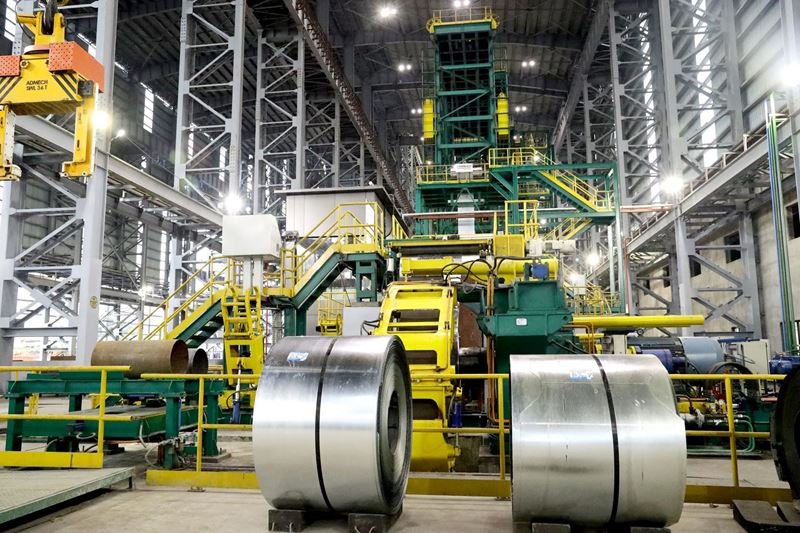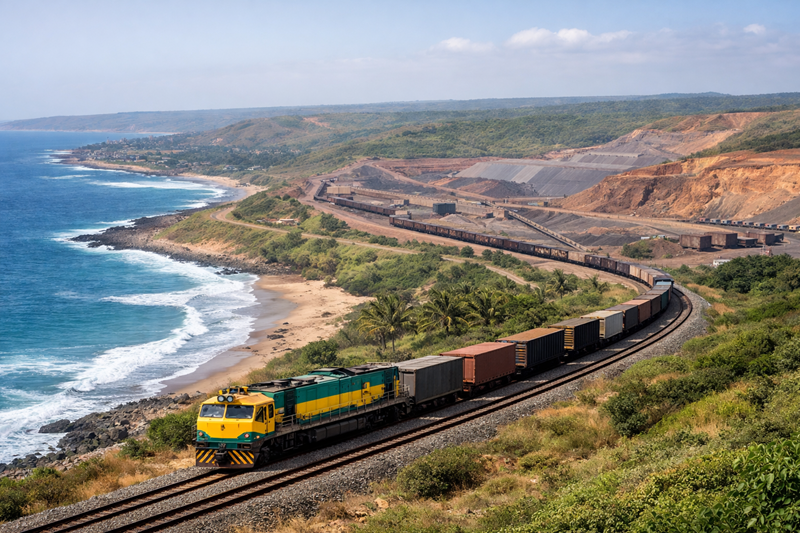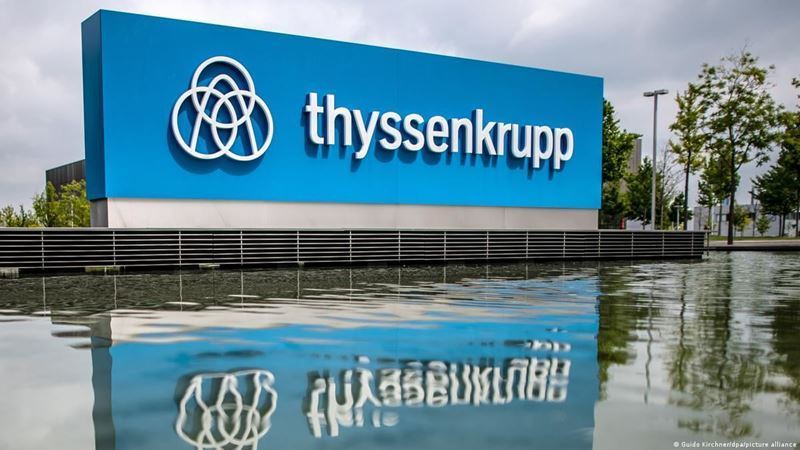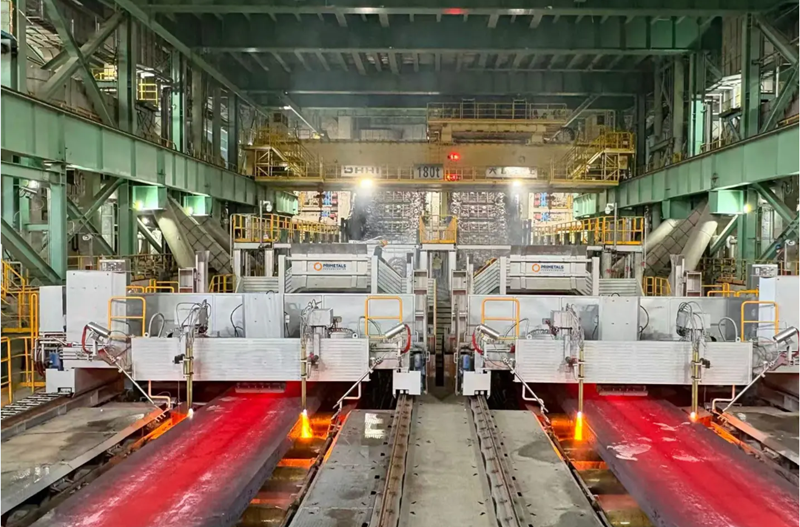The government is reportedly planning to harmonize the cross-border carbon tax mechanism (CBAM) with the European Union (EU), but this step will be delayed until 2026. It is stated that this delay may lead to a shift in the UK market, especially for high-emission steel producers.
UK Steel CEO Gareth Stace noted that this delay in plans could lead to dumping of steel from Asia and the Middle East. According to Stace, as the EU's carbon tax mechanism comes into effect, producers in these regions may tend to turn to the UK to avoid the costs they face in the European market. If the UK is caught unprepared, this could put domestic producers in a difficult position.
The UK Treasury has been criticized for ignoring the impact of potential changes in trade flows. While the government's desire to harmonize cross-border carbon tax practices with the EU is welcomed, industry representatives underline that the timing is critical. According to UK Steel, delaying the UK's own CBAM could put additional pressure on steelmakers.
Meanwhile, Energy and Commerce Secretary Sarah Jones stated that the government is working to reduce the differences between the EU and UK carbon trading schemes. She emphasized that sectoral differences and implementation dates are important issues that need to be resolved. While the EU's mechanism comes into force in 2026, the UK is planning its own carbon tax for 2027.
Although the UK's cross-border carbon tax, which is planned to come into effect in 2027, has a similar structure to Europe's, it is not exactly the same in terms of the sectors it covers. Experts believe that this mismatch could increase the risk of carbon leakage and make the trade more unbalanced.
According to UK Steel's calculations, companies importing steel from a carbon-intensive producer in the EU would have to pay an additional tax of EUR 37.50 per ton. This would mean a significant cost increase for the steel industry, which already operates with low profit margins.
Although the UK plans to increase cooperation with the EU on carbon trading, the lack of progress in the negotiations raises concerns. The mechanism, which will come into effect in 2026, is expected to put the British steel industry in a difficult situation. In particular, given the global overcapacity and competitive conditions in the steel sector, the UK needs to act faster.
Meanwhile, if the UK remains outside the EU's carbon market, it is expected to face serious financial losses in the coming years. According to a study, this could cause the UK to lose up to £8 billion in revenue between 2025 and 2030. These losses have the potential to have serious impacts on the country's energy market.
Industry officials emphasize the need for the government to quickly implement carbon trading regulations and develop a mechanism that is fully harmonized with the EU, warning that a delay in this process could have serious consequences.










Comments
No comment yet.